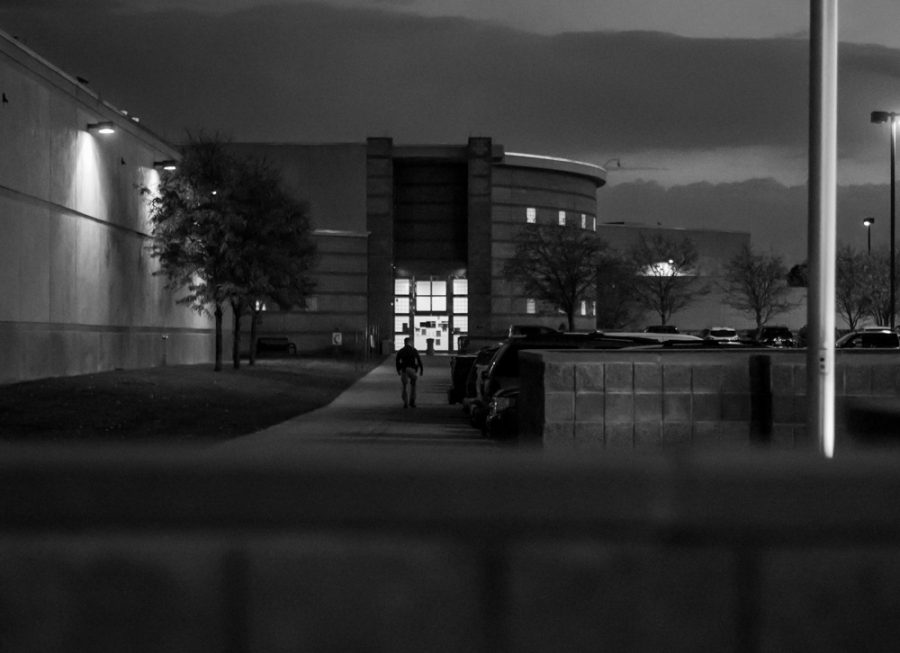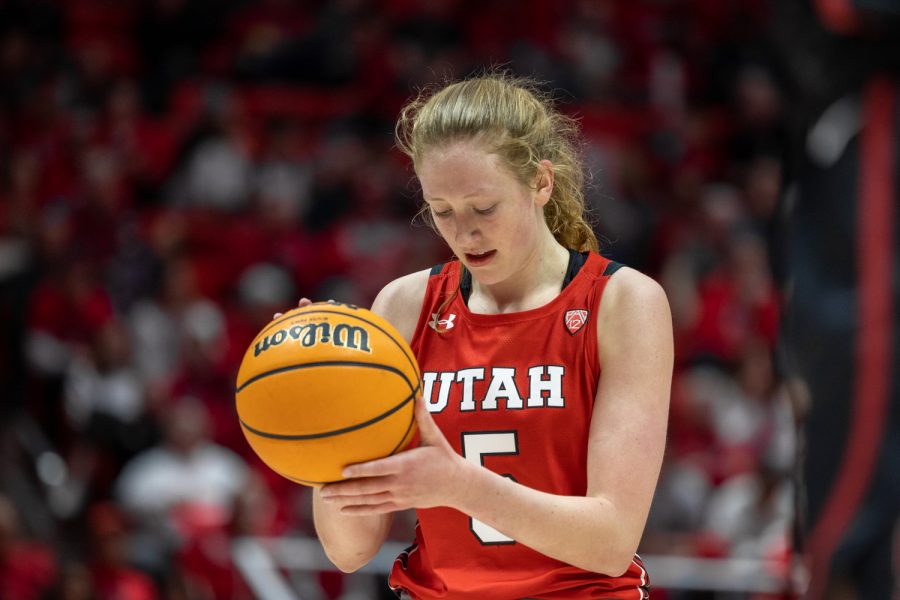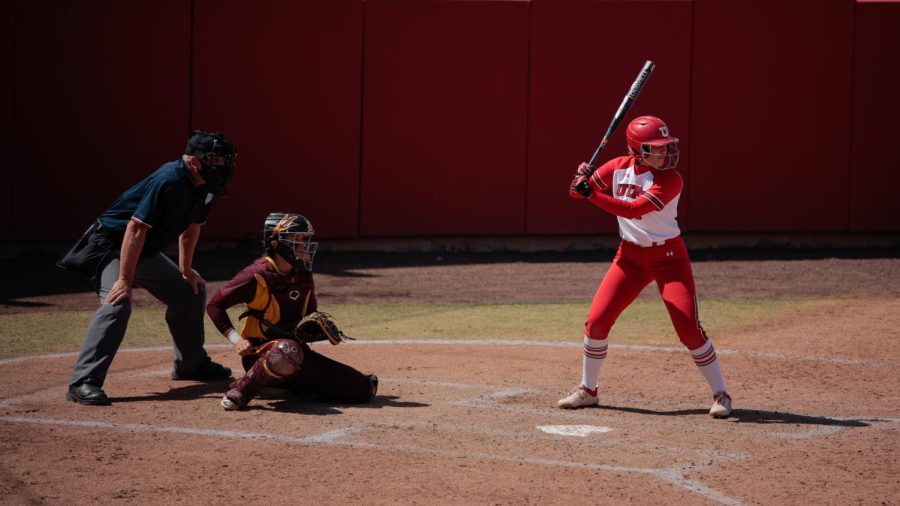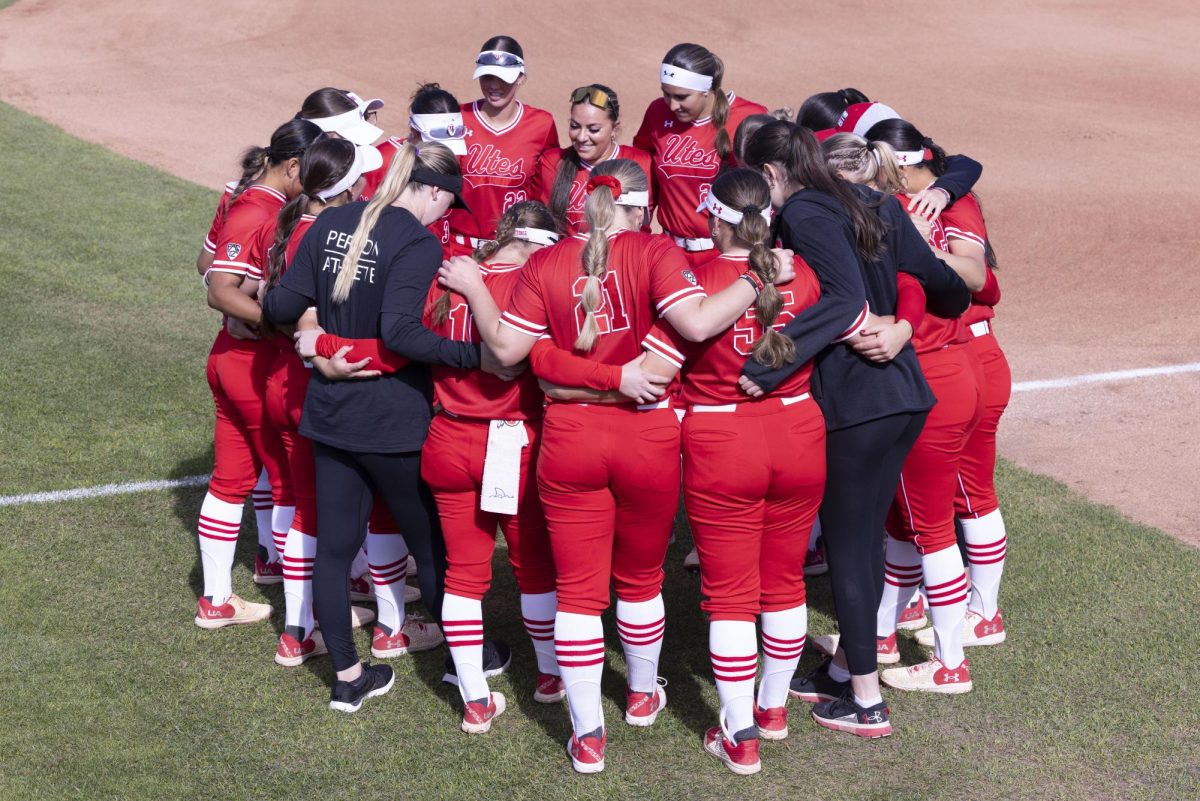Reese: Voting Is a Right and Our Government Needs To Treat It as Such
A police officer enters the Salt Lake Metro Jail in South Salt Lake City on Election Day, Nov. 3, 2020. (Photo by Jack Gambassi | The Daily Utah Chronicle)
November 8, 2020
For every 100,000 people in Utah, 439 of them are incarcerated. Approximately 2.3 million people are currently incarcerated in the United States — the equivalent of around 2/3 of Utah’s population. This mass incarceration leads to a great amount of disenfranchisement which is, unfortunately, in line with much of our country’s history — the United States has always had a very limited electorate. The 15th, 19th and 26th amendments greatly expanded voting rights but mass incarceration has ripped away the rights of5.2 million Americans. Voting is a right and nothing, even being incarcerated, should take away an American’s right to vote.
Disparate Impact
One in 13 Black Americans has had their voting rights ripped away and the number for non-Black Americans the number is four times less. Black Americans are only 13% of the US population but make up 40% of those hurt by felony disenfranchisement. Many of these laws date back to the 1860s and 1870s following the passage of the 15th Amendment that gave Black men the right to vote. These laws have their roots in Jim Crow — they were designed to suppress the votes of Black Americans and continue to do so today. In Alabama, for example, Black citizens make up 7.2% of the population but 15% of the disenfranchised.
In 2018, Florida voted to restore the voting rights of 1.4 million previously-convicted Floridians. Then, the Florida Legislature and Governor DeSantis instituted the equivalent of a poll tax on ex-felons seeking their voting rights, requiring every person to pay all fines and fees associated with their conviction before they can register to vote. One out of four former Florida felons are Black. This law was crafted to create one more barrier to people being able to vote. Felony disenfranchisement is not just something leftover from the Jim Crow era, rather it is a Jim Crow law that continues to thrive. These laws are racist, abhorrent, and continue to uphold white supremacy.
A Patchwork of Protections
Maine and Vermont — as well as DC — allow people who are currently incarcerated to vote. Unlike the 48 states who suppress their incarcerated citizens from voting, they never take away one’s right to vote. Utah, along with 15 other states, automatically restores voting rights back upon release. While this is better than the 32 states who make it even harder to regain voting rights, it is still an injustice to strip their voting rights away in the first place. Some states even require a Governor’s pardon to regain voting rights.
Those who are incarcerated still are human beings. They have loved ones that still care about on the other side of the cages we put them in. Every state should follow Maine and Vermont’s lead and allow voting regardless of incarceration status. The choices of lawmakers affect everyone inside and outside of the prison system. Just like any other American, they deserve their right to vote so they can have a say in their government.
The Census
The US Census counts incarcerated people as if they are residents of the community surrounding the prison instead of being counted at their previously known address. This fact leads to incarcerated people having no voice in their community’s politics while also being used to amplify that same community’s political power. This phenomenon could easily be considered an evolution of the 3/5ths compromise that gave slave states increased political power while continuing to devalue, abuse, and brutalize the populations that they used to gain such power. In the state of New York, 77% of all prisoners are Black or Latino but 98% of prisons in New York are located in state Senate districts that are majority white. Nationally, 40% of incarcerated people are imprisoned in rural communities. Prison communities use the bodies of prisoners as pawns to gain more political influence. Prison-based gerrymandering is a detestable practice. If prisoners are going to be counted to enlarge communities’ political power, they deserve their voting rights.
Jim Crow-era laws are not over. They adapt and continue to survive even today because their roots run deep into our society and government. Denying voting rights to incarcerated individuals is unethical and racist. It does not better our democracy. For the United States to become a fair and just democracy for all, voting rights must be given to every citizen, including those who are incarcerated.













